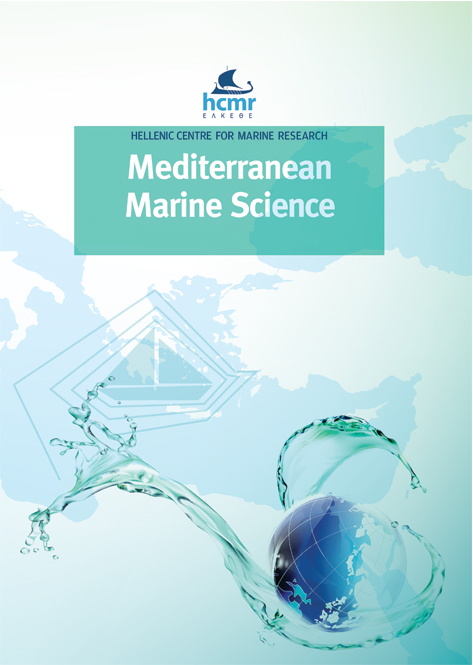What is the consciousness, literacy and behaviour of Italian Gen-Z towards the protection of the marine environment?
Abstract
The study explores Italian Generation Z’s consciousness, literacy and behaviour towards marine environmental issues aimed at detecting whether different profiles of people exist. A survey was implemented with 778 students attending upper secondary schools. Descriptive statistics, significance tests for differences among groups, and cluster analysis were applied. Gen Z expresses concern and awareness about environmental issues, but not high levels of engagement in marine pro-environmental behaviours. Only about half of the sample solved six of the twelve objective knowledge questions correctly, and some misconceptions were observed. Gender, education, and area of living differentiate answers over several phenomena. Cluster results highlight four groups of young people with different sustainability profiles, two of which showed sensitiveness and awareness about the investigated topics, while the other groups are insensitive, unaware, and illiterate. The poor knowledge of Italian Generation Z about ocean sustainability topics highlighted the need to further educate young people to become literate individuals.
Article Details
- Zitationsvorschlag
-
FORLEO, M. B., & BREDICE, M. (2024). What is the consciousness, literacy and behaviour of Italian Gen-Z towards the protection of the marine environment?. Mediterranean Marine Science, 25(3), 768–782. https://doi.org/10.12681/mms.37222
- Rubrik
- Research Article
Authors who publish with this journal agree to the following terms:
- Authors retain copyright and grant the journal right of first publication with the work simultaneously licensed under a Creative Commons Attribution Non-Commercial License that allows others to share the work with an acknowledgement of the work's authorship and initial publication in this journal.
- Authors are able to enter into separate, additional contractual arrangements for the non-exclusive distribution of the journal's published version of the work (e.g. post it to an institutional repository or publish it in a book), with an acknowledgement of its initial publication in this journal.
- Authors are permitted and encouraged to post their work online (preferably in institutional repositories or on their website) prior to and during the submission process, as it can lead to productive exchanges, as well as earlier and greater citation of published work (See The Effect of Open Access).





